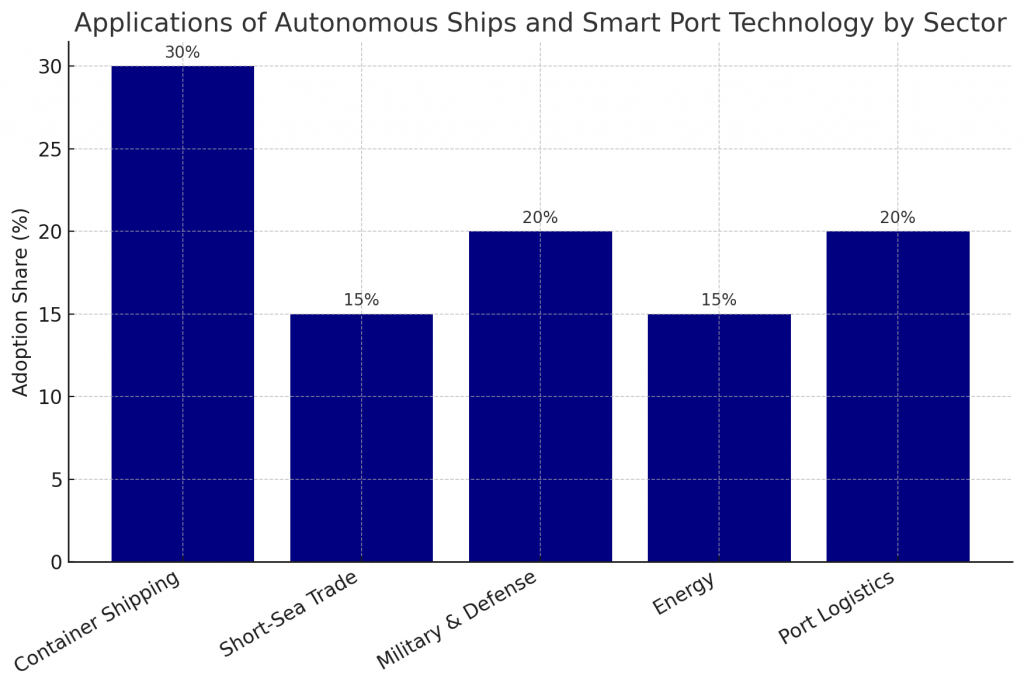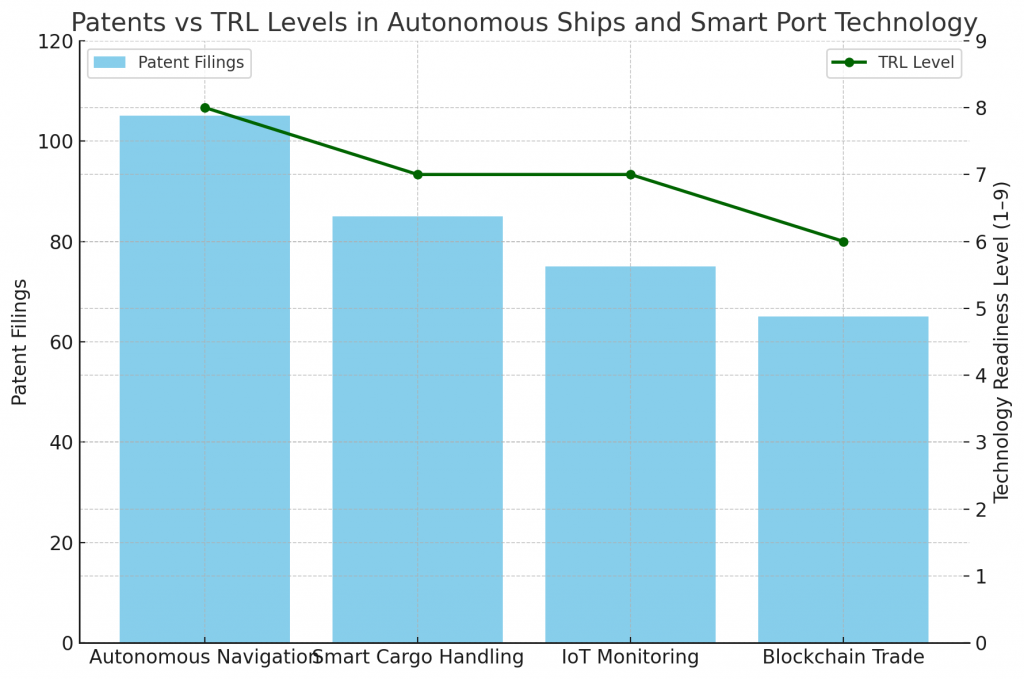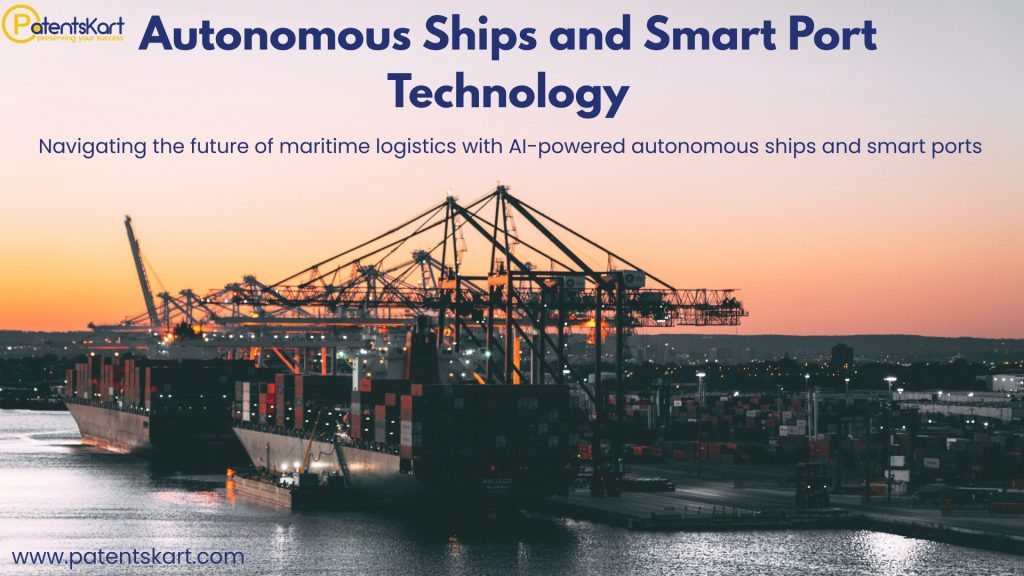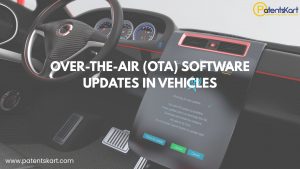The maritime industry is at a turning point. For centuries, ships have relied on manual navigation, traditional port operations, and human decision-making. But with global trade volumes climbing, supply chains growing more complex, and climate regulations tightening, the need for efficiency, safety, and sustainability has never been greater. A new wave of digital transformation is here, led by autonomous ships and smart port technology.
By integrating artificial intelligence, advanced sensors, robotics, and data-driven systems, autonomous ships and smart port technology offer unprecedented improvements in navigation, docking, cargo handling, and global logistics. These innovations promise to redefine the shipping industry, reducing accidents, optimizing port throughput, and enabling greener, smarter maritime trade.
What Are Autonomous Ships and Smart Port Technology?
In simple terms, autonomous ships and smart port technology are maritime systems that operate with minimal human intervention, guided by AI, automation, and digital connectivity.
- Autonomous ships: Vessels that use AI, sensors, radar, GPS, and machine learning for navigation and control. They can range from partially automated ships to fully unmanned vessels.
- Smart port technology: Digital platforms that manage port operations, using IoT, robotics, AI, and blockchain to streamline cargo handling, customs, scheduling, and security.
Together, they form the backbone of a next-generation shipping ecosystem that is safer, faster, and more sustainable.
Why Are Autonomous Ships and Smart Port Technology Important?
The importance of this shift is clear:
- Safety: Human error causes nearly 75% of maritime accidents. Automation reduces risks.
- Efficiency: Smart ports minimize delays in docking, loading, and unloading.
- Cost reduction: Automated systems cut crew, fuel, and operational expenses.
- Sustainability: AI-powered optimization reduces emissions.
- Global trade resilience: Ensures smoother operations in complex logistics networks.
By deploying autonomous ships and smart port technology, the maritime sector strengthens its role in the global economy.
How Do Autonomous Ships and Smart Port Technology Work?
The systems rely on a network of advanced technologies:
- AI and machine learning: Predicts routes, fuel needs, and hazards.
- Sensors and LIDAR: Detects obstacles, weather, and vessel conditions.
- IoT integration: Connects ships with smart port infrastructure.
- Blockchain systems: Ensures transparent documentation and customs clearance.
- Digital twins: Simulates port operations for optimization.
When combined, these tools enable maritime automation that continuously adapts to real-world conditions.
What Are the Benefits of Autonomous Ships and Smart Port Technology?
The benefits extend across the maritime value chain:
- Fewer accidents: AI reduces navigational errors.
- Faster turnaround times: Ports handle cargo more quickly.
- Fuel optimization: Routes and speeds are adjusted dynamically.
- Lower emissions: Sustainability goals are easier to meet.
- Reduced congestion: Smart scheduling improves traffic flow.
- Data-driven insights: Predictive analytics improve decision-making.
With autonomous ships and smart port technology, maritime logistics become safer, leaner, and greener.
What Are the Applications of Autonomous Ships and Smart Port Technology?
Applications cut across industries and geographies:
- Global container shipping: Fully automated vessels reduce long-haul risks.
- Short-sea shipping: Regional trade benefits from crewless ferries.
- Military & defense: Autonomous ships for reconnaissance and supply missions.
- Energy sector: Offshore oil and wind projects supported by autonomous vessels.
- Port logistics: Automated cranes, vehicles, and scheduling systems improve throughput.

Each use case illustrates how autonomous ships and smart port technology deliver practical, measurable value.
Which Companies Are Leading in This Field?
Several corporations are leading globally:
- Rolls-Royce: Developing fully autonomous ships.
- Kongsberg Gruppen: Partnered with Yara Birkeland, the first zero-emission autonomous ship.
- ABB Marine: AI-driven propulsion and navigation systems.
- Siemens: Digital twin solutions for smart ports.
- Maersk: Integrating AI into logistics optimization.
These leaders highlight the central role of autonomous ships and smart port technology in shaping global shipping.
Which Startups Are Innovating?
- Shone: AI retrofitting for existing cargo ships.
- Sea Machines Robotics: Autonomous navigation and vessel control.
- Ocean Infinity: Robotic fleets for ocean exploration and logistics.
- PortXchange: Smart port scheduling systems.
- CargoMetrics: Data analytics for global shipping.
Startups bring agility to maritime automation, targeting niche problems with innovative solutions.
What Do Patents and TRL Levels Indicate?
Patent filings highlight activity in:
- Autonomous navigation algorithms.
- Smart crane and cargo handling systems.
- IoT-based port monitoring.
- Blockchain-driven customs clearance.
Technology Readiness Levels (TRLs):
- Autonomous navigation systems: TRL 7–9, in pilot or deployment.
- Smart port logistics platforms: TRL 7–8, deployed in leading ports.
- Blockchain trade solutions: TRL 6–7, in trials.
- Full autonomy (crewless ships): TRL 5–6, still in testing.

This shows both maturity in some areas and ongoing innovation in others.
What Are the Challenges?
Adoption faces hurdles:
- High costs: Infrastructure investment is significant.
- Cybersecurity risks: Autonomous systems are vulnerable to hacking.
- Regulatory uncertainty: Global maritime law is not yet adapted.
- Skilled workforce: Need for training in AI and robotics.
- Public trust: Crewless ships raise safety concerns.
Overcoming these challenges is crucial for scaling autonomous ships and smart port technology.
What Is the Future Outlook?
In the coming decade, expect:
- Global pilot programs: More autonomous vessels in real-world trade.
- Widespread port automation: Integration of AI, robotics, and IoT.
- AI-driven sustainability: Optimized fuel and route planning for green shipping.
- Digital corridors: Connected shipping routes between smart ports.
- Standardization and regulation: International frameworks for safe adoption.
With these developments, autonomous ships and smart port technology will become pillars of the global economy.
How Can PatentsKart Help?
PatentsKart offers expertise to innovators in autonomous ships and smart port technology:
- Patent landscaping: Identify innovation gaps.
- Freedom-to-operate analysis: Minimize legal risks.
- Competitor intelligence: Track leaders and startups.
- TRL benchmarking: Map maturity of technologies.
- Licensing and partnerships: Accelerate commercialization.
This ensures organizations innovate with confidence in the fast-evolving maritime sector.
Conclusion
The future of shipping is digital, autonomous, and intelligent. Autonomous ships and smart port technology represent a convergence of robotics, AI, IoT, and sustainability goals. They enhance safety, efficiency, and global logistics resilience while reducing costs and emissions.
By adopting these innovations today, maritime companies can lead the next era of global trade and redefine how the world moves goods across oceans.
FAQs About Autonomous Ships and Smart Port Technology
Q1. What are autonomous ships and smart port technology?
They are AI-driven systems that automate navigation and port operations with minimal human intervention.
Q2. What are the key benefits?
They reduce accidents, optimize logistics, cut costs, and improve sustainability.
Q3. Which companies are leading?
Rolls-Royce, Kongsberg, ABB, Siemens, and Maersk are front-runners.
Q4. What challenges exist?
High costs, cybersecurity threats, and regulatory gaps.
Q5. How does PatentsKart help innovators?
By offering IP insights, TRL benchmarking, and partnership strategies.







